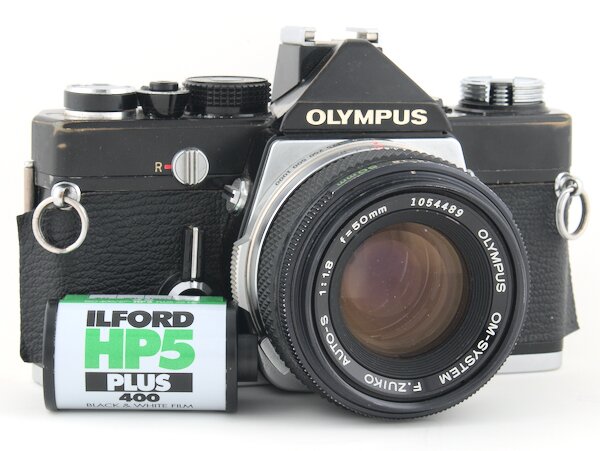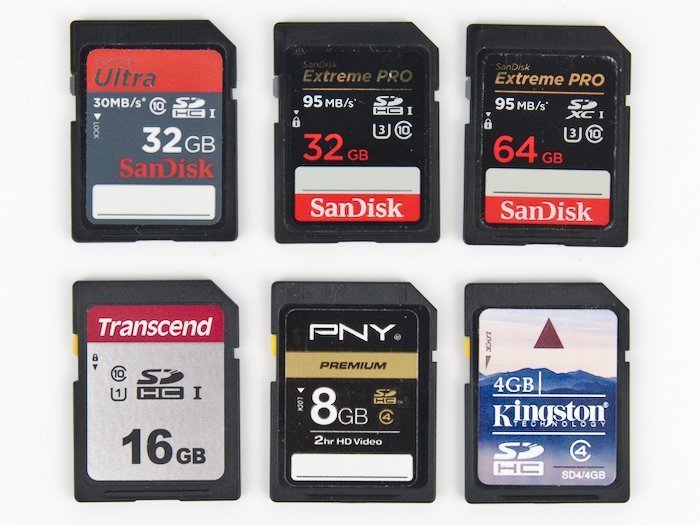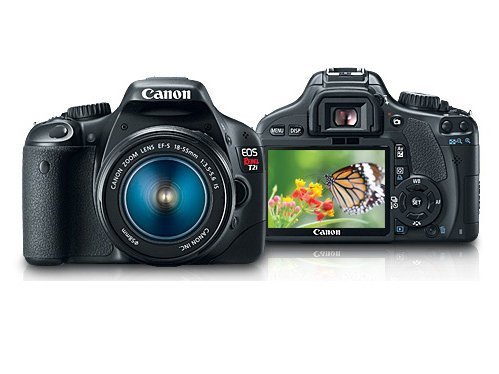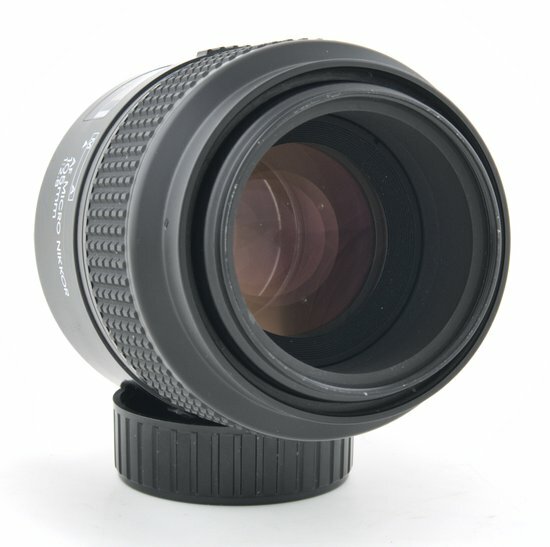
Nikon 105mm f/2.8 Macro Lens Review (Micro Nikkor)
Table of Contents
The Nikon AF Micro Nikkor 105mm f/2.8 Macro lens need a camera body with a focus motor for the AF to work.
Image quality is on par with other vintage macro lenses. The price tends to be higher than comparable third party options. It doesn’t off the best price to performance.
Manually controlling the aperture ring isn’t good because it sticks. Plus, the reliance on an in-camera body motor for autofocus means manually focusing feels terrible.
Affiliate Advertising Disclosure
Outside the Shot is a participant in the Amazon Services LLC Associates Program, an affiliate advertising program designed to provide a means for sites to earn advertising fees by advertising and linking to Amazon.com.
As an eBay Partner, I may be compensated if you make a purchase. I also participate in affiliate advertising programs with KEH and Adorama. More can be found on the Affiliate Disclosure page.
Used Price and Where to Buy
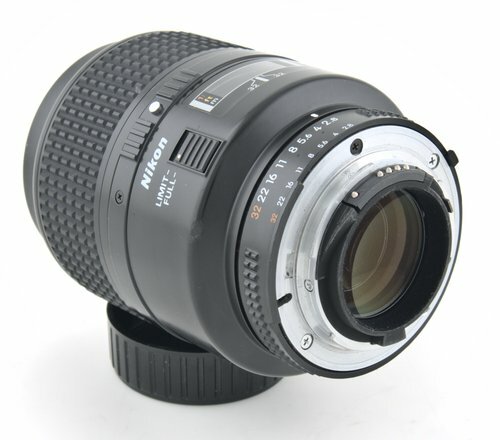
With the release of Nikon Z-mount cameras, I would expect the price of the lens to fall in the future.
Autofocus will not work on the Z-mount cameras with the OEM adapter. Hopefully, Nikon will release an F-mount adapter that can drive the autofocus of older AF lenses.
Until that happens, the 105mm f/2.8 AF lens will not have autofocus when adapted to the Z-mount. This is why I expect the price of this lens to fall.
See current price and more information on:
Lens Build Quality & Design
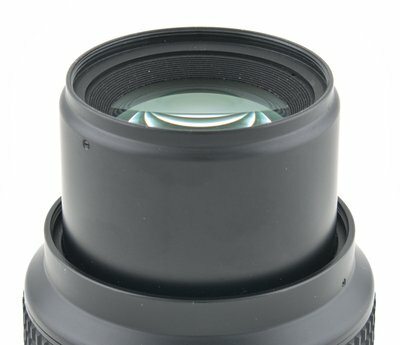
Focusing on close objects causes the front element to move forward. At 1:1 magnification the front element is at the front of the lens.
Many lighting situations will require the use of a lens hood. Using a lens hood will reduce the 13.6cm (5-3/8") working distance the lens has at 1:1.
CPU contacts allow the lens to have the aperture controlled by the camera. The barrel of the lens is wider than the aperture ring. Reaching the aperture ring is difficult. The ring feels tight when selecting an aperture.
A screw drive motor in the camera body drives the lens autofocus. Nikon has been phasing out screw drive motors in DX cameras. The lens can be manually focused on a camera that does not have a screw drive motor.
Auto or manual focus set by a ring on the barrel of the lens. I found the lock to be difficult to locate without being able to see it.
I am a much larger fan of the clutch style selector found on the Tamron 90mm f/2.8 and Tokina AT-X 100mm f/2.8.
A limit switch can set the minimum focus distance to ~45cm (1.5ft). Removing the close focusing ability will speed up autofocus. At close distances, the depth of field is small. Small movements can cause the autofocus to miss and hunt around.
Usage & Working Distance
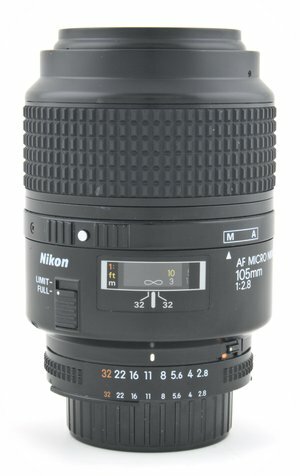
Testing was done on a Nikon D750. The D750 has an AF screw drive motor so the autofocus works. I also adapted the lens to a Sony A7.
At 574g (1lb 4.3oz), the lens has an average weight and size among the comparable lenses. The lens is front heavy, especially when focused to 1:1.
On the Nikon D750 the AF Nikkor 105mm was not as comfortable to hold as other lenses, such as the Lester A. Dine 105mm or Tamron 90mm f/2.5 Adaptall.
The lens was not enjoyable to use on the small Sony A7 mirrorless body. Due to age the aperture ring, focus limiter switch, and AF/manual focus ring are all difficult to turn. Combine that with the small mirrorless camera body and shooting was a hassle.
There is 5.25" of working distance when focused at 1:1. Using a lens hood will reduce that distance. I prefer macro lenses with a recessed front element. I don’t want carry a lens hood around or worry about damaging the front element.
AF and Manual Focus
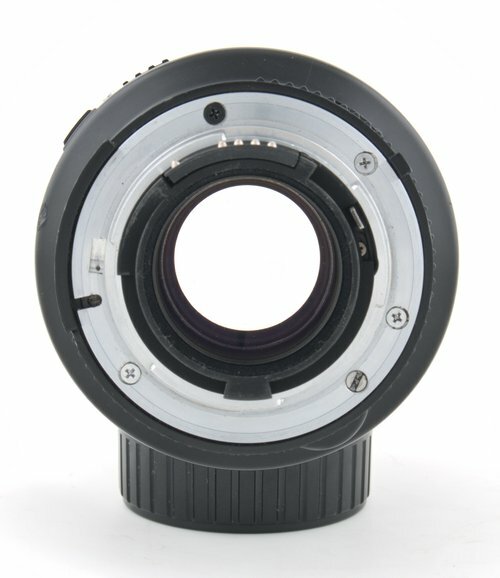
Autofocus is slow on all macro lenses. Elements have to travel farther and the extension to get to 1:1 magnification adds weight.
Screw drive autofocus is slower than lenses with built-in autofocus motors. As a result, autofocus performance is poor even for a macro lens.
Slow autofocus is not a problem for macro work. I set the magnification I want and move the camera to focus.
The focus ring has mechanical feedback and the focus throw is only 200 degrees. All the other macro lenses I have tested have had longer focus throws and felt smoother.
I did not like the lens on the Sony A7. The aperture ring feels tight and sticks in place making it difficult to change. Manually focusing is not enjoyable either. I would rather use a different lens.
AF Compatible Cameras
In order for the Nikon 105mm AF to be compatible with a camera, the camera body needs to have a AF motor drive.
This is a feature found on older 35mm film SLRs with AF, early Nikon digital cameras, and on current high-end DSLR models.
Nikon 105mm Image Sharpness
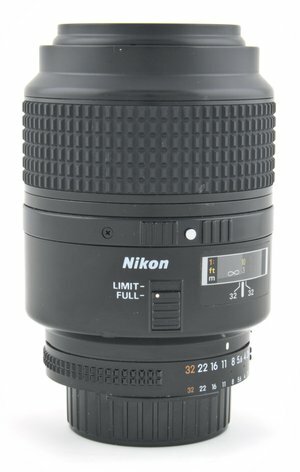
Nikon cameras display the effective aperture of lenses. This is helpful because exposure compensation does not need to be calculated. The lens was not focused at infinity for the test shots. The small amount of lens extension to focus made the widest aperture effectively f/3.
- f/3 - The entire image is soft.
- f/5.6 - The center of the image is sharp. Edges and corners are soft.
- f/8 - The entire image is sharp.
- f/11 - Almost the same image quality as f/8.
- f/16, f/22, f/32, f/36 - Increasing amounts of diffraction showing up in images make these apertures useless.
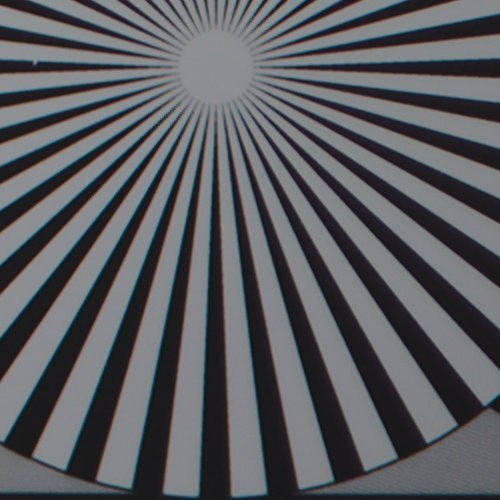
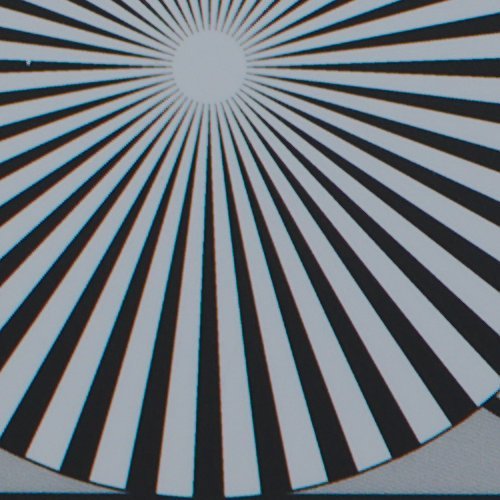
Macro Test Shots
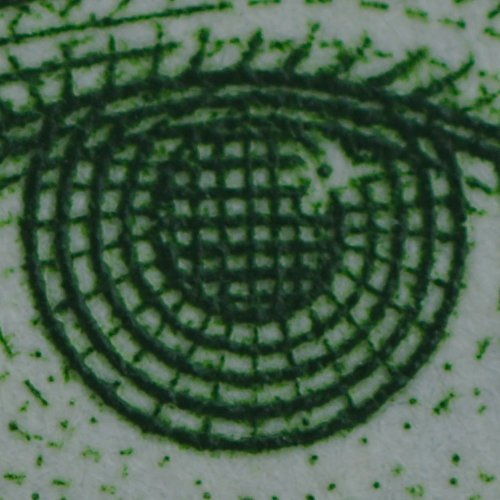
Comparable Macro Lenses
Micro Nikkor Lens Versions
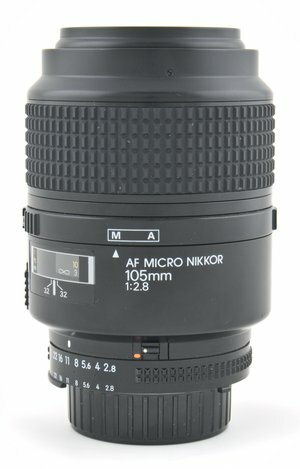
- Micro Nikkor 105mm f/2.8 - 1984
- AF Micro Nikkor 105mm f/2.8 AF Macro - 1990
- AF Micro Nikkor D 105mm f/2.8 AF Macro D Series
Source: The Complete Nikon System by Peter Braczko
Lens Specifications
| Manufacture | Nikon |
| Made in | Japan |
| Year Released | 1990 |
| Original Price | $???.?? |
| Elements Groups | 10 ele. 9 gr. |
| Focal Length | 105mm |
| Aperture | f/2.8-32 |
| # Aperture Blades | 7 |
| Aperture Control | Manual, Auto Diaphragm |
| Focus Type | Manual |
| Hard Infinity Stop | Yes |
| Magnification | 1:1 |
| Minimum Focus Distance | ?cm (?”) |
| Working Distance | 13.6cm (5-3/8") |
| Filter Threads | 52mm |
| Weight | 574g (1lb 14.3oz) |
| Dimensions | ⌀127mm x mm (3" x 5") |
Accessories
The Nikon product number for the lens hood is HS-14. You can substitute a screw in lens hood with a 52mm filter size.
